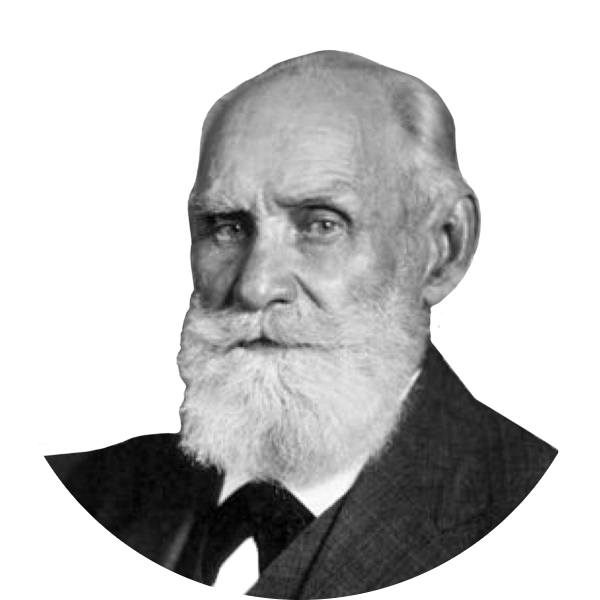


Plagiarism is appropriation of someone else’s ideas, texts, images and other materials without acknowledging their author. It is a serious violation of publication ethics that once detected results in the retraction of the submitted article. It has a disastrous impact on the author’s reputation, because the publication is not removed from online databases, but stored there with a retracted publication tag. Plagiarism comes in different forms many of which still cannot be detected even by a special software; Plagiarism comes in different forms; the originality of an article is still assessed by peer reviewers and readers in the first place. Plagiarism can be unintentional. Most often, poor citation and reference style is typical of young researchers. To avoid unpleasant situations, authors are advised to use paraphrasing instead of merely copying and pasting fragments of texts. A verbatim use of a source requires quotation marks, references are expected to come right after the fragment borrowed from the original source; with multiple references (from 5 to10) pointing to a single idea are bad style. Authors are advised to always double check basic information about the publication they specify in a reference. The first author and a corresponding author are expected to monitor the quality of their co-authors’ work. Full or partial copying of a previously published article by the same author is considered self-plagiarism and does not comply with the guidelines of the majority of academic journals.
Keyword: publication ethics, plagiarism, self-plagiarism, retraction of publication
 American physicist Richard P. Feynman, a Nobel laureate, was always very scrupulous about the quality of a research study. During his commencement address at the California Institute of Technology in 1974, he talked about scientific integrity and honesty and warned young researchers “not to fool” themselves. A must-read for anyone who believes he/she is a true scientist.
American physicist Richard P. Feynman, a Nobel laureate, was always very scrupulous about the quality of a research study. During his commencement address at the California Institute of Technology in 1974, he talked about scientific integrity and honesty and warned young researchers “not to fool” themselves. A must-read for anyone who believes he/she is a true scientist.  In 1918, Russian physiologist Ivan Pavlov, a Nobel laureate, delivered two lectures: on the mind in general and the Russian mind in particular; on those mind qualities that determine the success of a research work and on how these qualities are present in the Russian mind. Pavlov's thoughts are an effective vaccine against poor intellectual work.
In 1918, Russian physiologist Ivan Pavlov, a Nobel laureate, delivered two lectures: on the mind in general and the Russian mind in particular; on those mind qualities that determine the success of a research work and on how these qualities are present in the Russian mind. Pavlov's thoughts are an effective vaccine against poor intellectual work. 
Secrets of a quality research study
a good manuscript